ascites in cats vin
The name peritonitis gives you the clearest indication that it directly and adversely affects and inflames a cats abdominal lining. Overview of Ascites in Cats Ascites is the abnormal accumulation of fluid in the abdominal cavity.
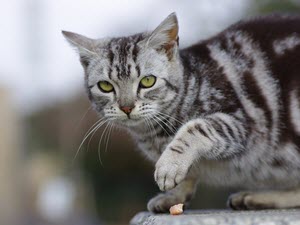
Testing For Abdominal Enlargement In Cats Vca Animal Hospital
Diuretics used to increase fluid excretion and reduce fluids in abdomen.
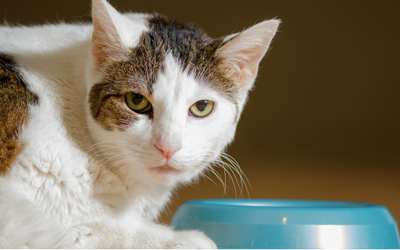
. Once the condition has been diagnosed and the root cause has been identified the cat can begin treatment for Ascites. Symptoms of ascites in cats may begin slowly but then build up over time as more fluid collects in the abdomen. After the swelling of the belly however if your cat has ascites there is the presence of the following symptoms.
The volume of the fluid can be quite subtle or it may be significant causing distention of the abdomen. Some of the main causes of abdominal fluid in cats otherwise referred to as the accumulation of abdominal fluid include. Typical examples include the ascites of hypoproteinaemia and ascites due to portal vein obstruction.
Treating ascites in cats depends greatly on the root cause of the fluid buildup. In cats ascites is caused by the leakage of fluid into the abdomen from blood vessels lymphatics internal organs or. This may cause symptoms such as vomiting abdominal discomfort and loss of appetite.
Small animal clinicians are frequently presented with animals showing abnormalities of the abdomen. Feline infectious peritonitis FIV in English Kidney disorders such as insufficiency infection or kidney stones. Microti the vole bacillusThe VLA has released recent figures.
Liver disorders specifically liver inflammation. The symptoms your cat exhibits will depend on the underlying cause of the fluid build-up. Some of the symptoms you may notice include.
This presentation focuses on diseases causing. A wide variety of causes may be responsible for ascites thus treatments vary accordingly. This might cause symptoms including loss of appetite abdominal discomfort as well as vomiting.
Ascites has many causes most of which can be very serious. Ascites in Cats. Loss of appetite in cats.
Ascites is the abnormal accumulation of fluid in the abdominal cavity. Ascites has many causes most of which can be very serious. In many cases these abnormalities result from primary intra-abdominal disease although the clinical signs may merely be an abdominal manifestation of extra-abdominal disease.
The term transudate refers to low-protein fluid that has escaped from the intravascular space as a result of reduced oncotic or increased hydrostatic pressure. There are two forms of FIP in cats and the one that causes swelling of the. Symptoms of Ascites in Cats.
Ascites is the medical term used to describe fluid accumulation in the abdominal cavity. Acquired PSS is commonly caused by portal hypertension secondary to liver cirrhosis or liver failure. Ascites may be accompanied in acquired PSS in dogs with acquired PSS while it is typically not seen in dogs with congenital PSS.
Ascites also known as abdominal effusion is the medical term referring to the buildup of fluid in the abdomen. Another cause of ascites in cats feline infectious peritonitis or FIP is caused by a virus that thrives in white blood cells. Simply draining the fluid might provide temporary comfort to a.
The volume of the fluid can be quite subtle or it may be significant causing distention of the abdomen. In cats ascites is caused by the leakage of fluid into the abdomen from blood vessels lymphatics internal. Ascites may be a manifestation of either a transudate or a modified transudate.
It is characterized by multiple shunts. Of 89 feline samples received during 2005 which had Ziehl-Neelsen ZN -positive organisms on histopathology. As previously mentioned the first symptom of ascites in cats is the swelling of the abdomen of the latter although very often it is confused with pregnancy in the case of a cat or with weight gain.
Congestive heart failure on the right side. In cats ascites is usually not seen in acquired PSS. Treatment for Ascites in Cats.
Ascites is not a specific condition but a physical abnormality that develops as a consequence of an underlying disease. A wide range of causes might be responsible for the ascites hence treatments may vary accordingly. The removal of fluids by therapeutic measures to remove pressure from internal organs.
The volume of fluid can vary between cases. Common treatments for Ascites include. In the UK tuberculosis in cats is infrequent and usually caused by either Mycobacterium bovis or M.
Bovis in 12 M. Abdominal effusion or ascites in cats is a medical condition which refers to the accumulation of fluid in the abdominal area of the cat. A small volume may only be detectable on palpation of the abdomen or even with ultrasound.
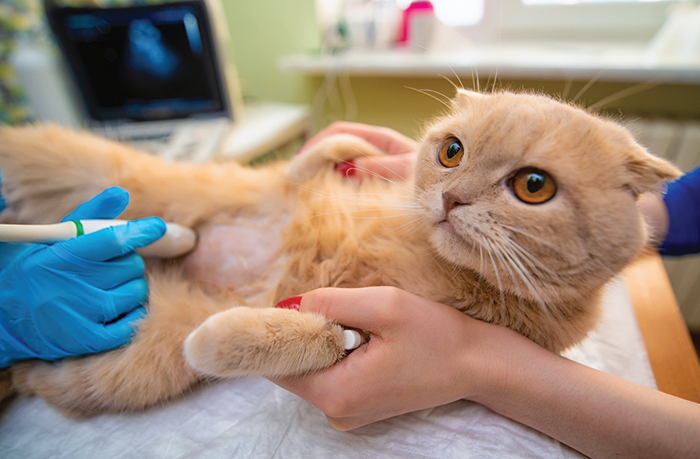
Ascites Is A Serious Symptom Catwatch Newsletter
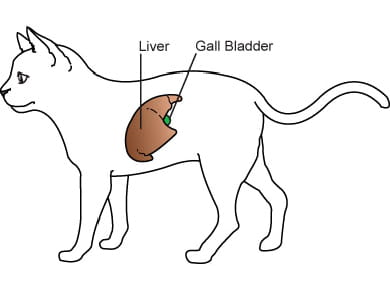
Cholangitischolangiohepatitis Syndrome In Cats Vca Animal Hospital

Hypokalemia Or Low Potassium Levels In Cats Vca Animal Hospital

Fluid Therapy In Hospitalized Patients Part 1 Patient Assessment And Fluid Choices Today S Veterinary Practice
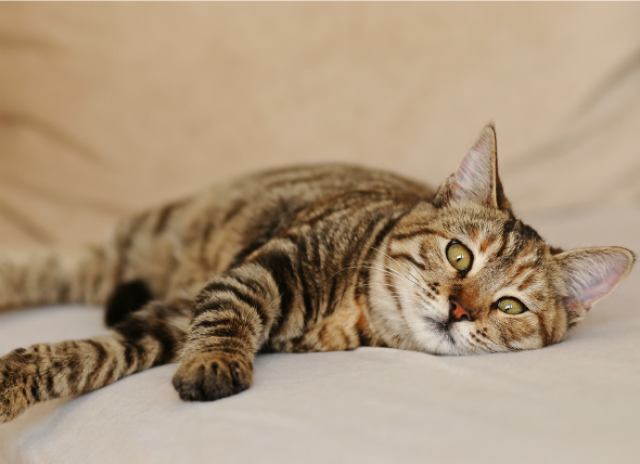
Vomiting With Bile In Cats Petmd
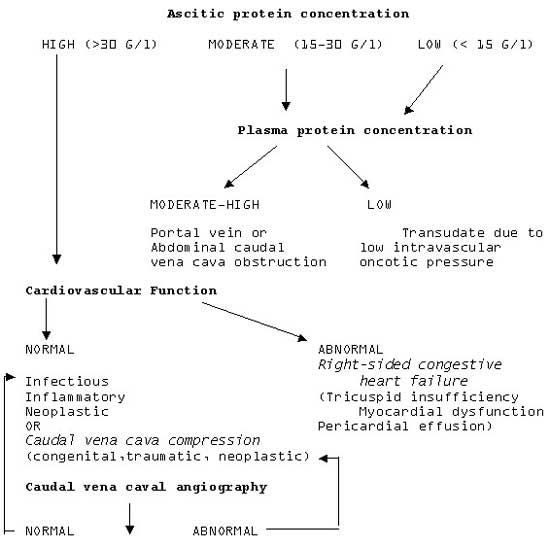
Abdominal Conditions Of The Dog And Cat Wsava2002 Vin
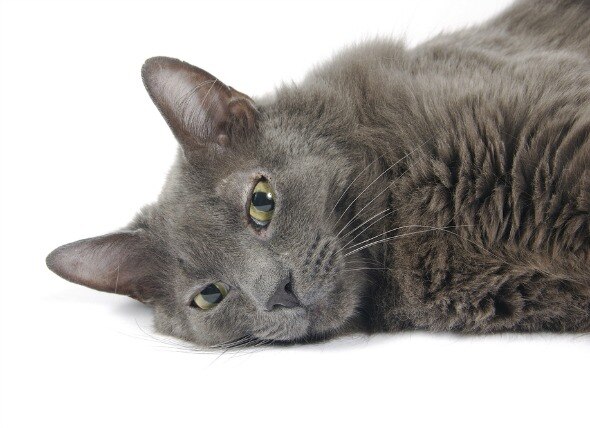
Vomiting With Bile In Cats Petmd

The Causes Of Abdominal Fluid Buildup In Cats Maladie Du Chat Chat Chaton
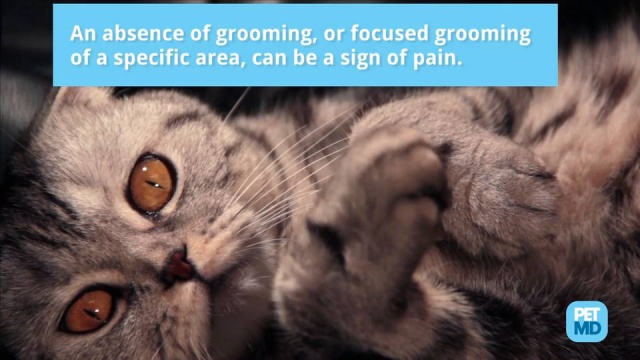
Vomiting With Bile In Cats Petmd
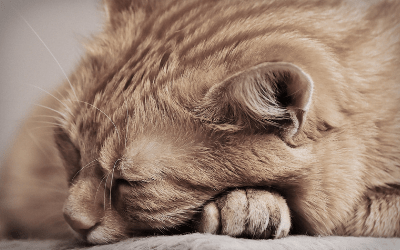
Proteinlosing Enteropathy Ple In Cats Vca Animal Hospital
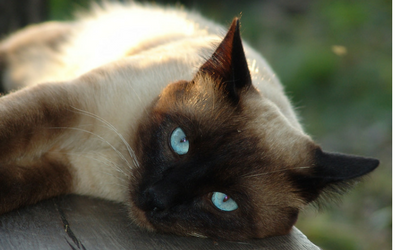
Chylothorax In Cats Vca Animal Hospital

The Basics Of Fluid Therapy Today S Veterinary Nurse
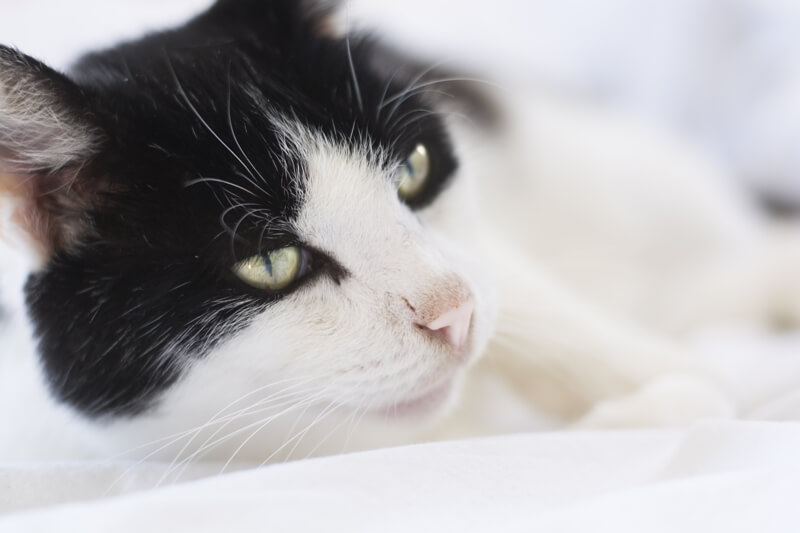
Understanding Triaditis In Cats
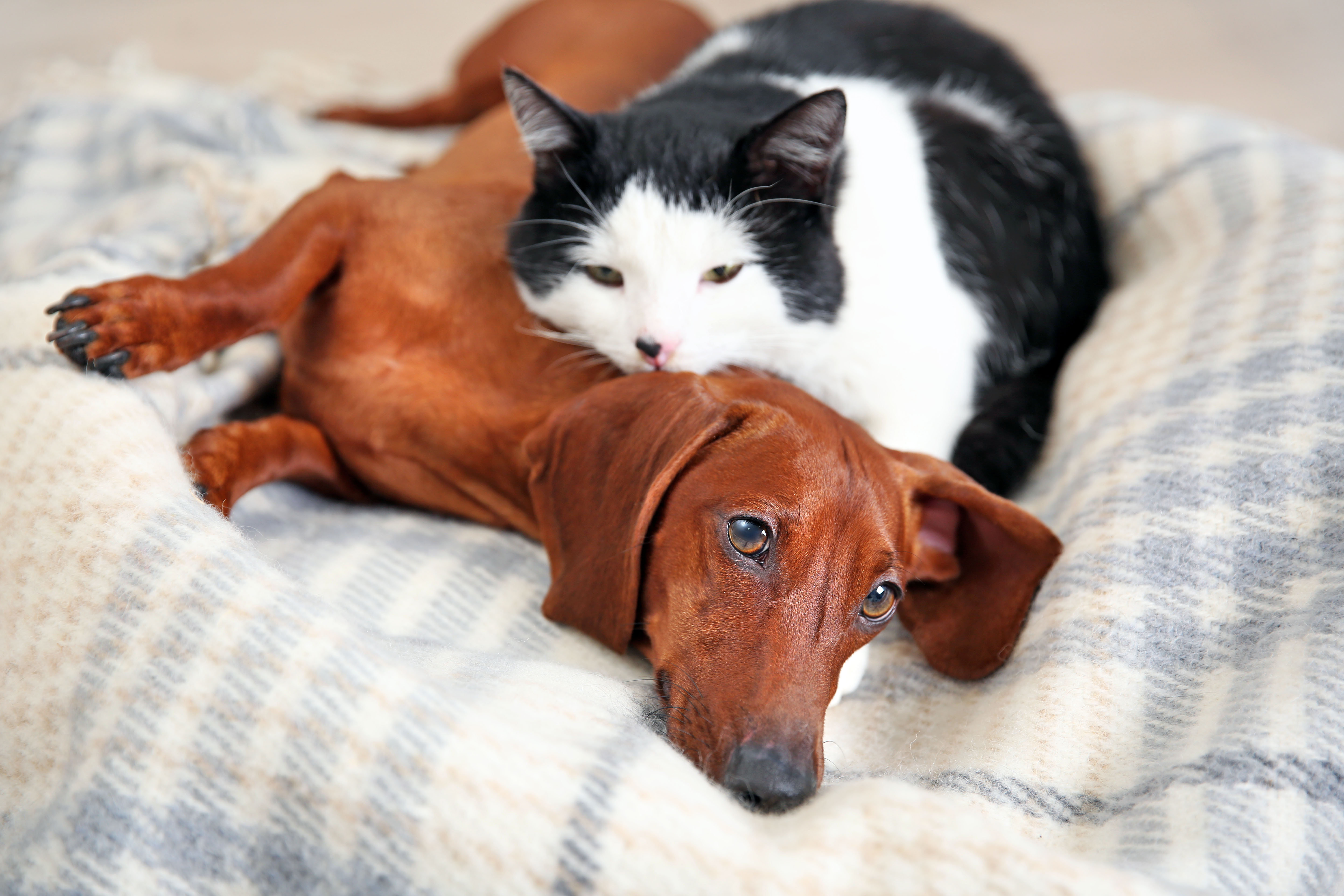
Congestive Heart Failure In Dogs And Cats Veterinary Partner Vin
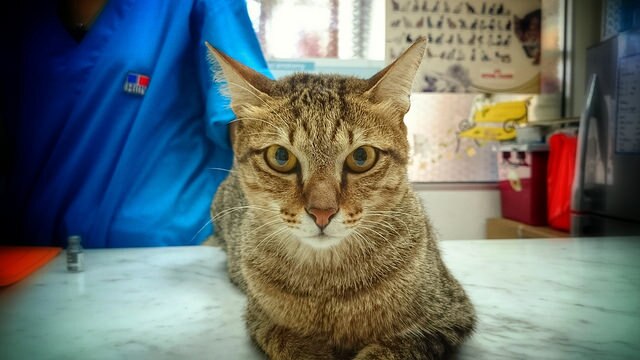
Vomiting With Bile In Cats Petmd

Evaluation And Management Of The Hyperkalemic Patient Today S Veterinary Practice

Update On Feline Toxoplasmosis Caney 2021 In Practice Wiley Online Library

Large Cat Breeds The Biggest Domestic House Cats Large Cat Breeds Cat Breeds Big House Cats
The Yellow Fellow Evaluation Of The Icteric Cat Vetbloom Blog